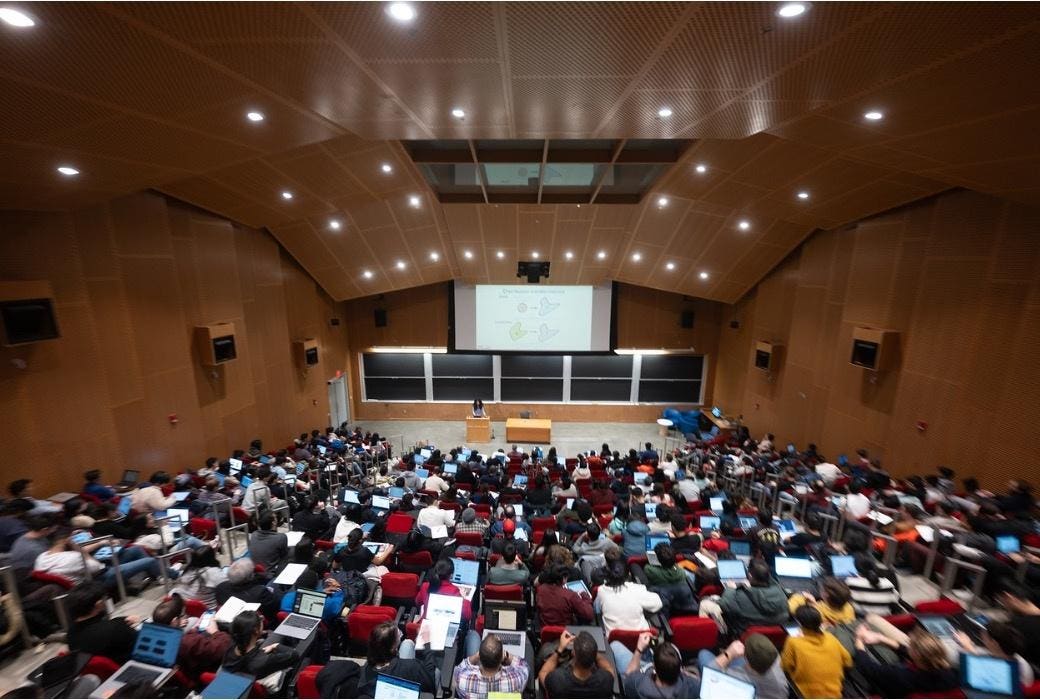Software development is about much more than merely writing code, though. It is also about how to optimally approach problem-solving, how to structure code, how to translate client requirements into optimized code, etc. There is a reason many software projects have multiple teams working on them with different specializations (e.g., project management versus technical leadership). An AI couldn't talk to a client about complex requirements or to an organization about delivering a large software project, for example—these are aspects of software development that sometimes require entire teams of humans and excellent communication skills, not just coding.
Maybe, maybe not, I don't think the issue is the programming itself, I think you can eventually get the AI to be so good at it that it can program anything. I think the biggest issue, will be the design of programs, meaning humans have to explain to the AI what they want their program to be able to do, this gets even more complicated in larger programs, that might have to solve lots of different tasks.
So whether computer programming will be more of a computer software design in the future I think is very possible. To simplify what I mean is, that you don't need to know how a calculator works as long as you know how to type into it and get the result you need. And the question is whether computer software design will become a fundamental ability taught in schools. So children from a young age will become so used to simply designing software to do what they need that it is extremely easy and common. Again, for large software solutions, this might not be the case.
Another example was when I grew up, computers in schools were very uncommon, in fact in the beginning you weren't allowed to use them, then we started getting classes on how to use Word and stuff like that. And in the later years, you were not allowed to hand in anything that wasn't written on a computer. My point is that things can rapidly change as new technologies are integrated.
My own field of specialization is in software, so I have worried about the potential of AI to replace programmers. I have come to believe that there is little point in worrying, though, because I can't do anything about the rapid progress of AI. Instead, I believe it is best to try to adapt and acquire new skills as the market inevitably shifts in terms of its demands and desired skills. We (programmers) might as well integrate AI into our work and expand our skillset to include skills that AI couldn't match (e.g., efficient communication with clients) instead of worrying about being replaced by it without trying to adapt.
I do agree with you, that it is a grey area at the moment. But simply looking at the tendencies of how many companies and tools are being developed to automate programming I think shows where things are going. And again you have to keep in mind that the ultimate goal is to create AGI. Which when happens is basically a superhuman, so things we take for granted now that only humans can do it, it would be able to do as well, simply better and faster. If things go as they expect, you would have AGI software engineers with 1400+ IQ, being able to type away and design systems insanely fast.
This is why the whole AI/AGI is so worrying because no one really seems to know what the capabilities of such systems are. Even now those designing them can't explain how they are able to do certain things, some of these abilities simply seem to emerge out of nothing.
I want to make it completely clear that im not saying it is all doom and bad things, simply that things are so blurred and unknown because we are dealing with systems whose aim is intelligence. And even in this current "primitive" stage we are in now, we already can't explain certain things. It is vastly different than simply creating a computer program to solve a specific task, where you know exactly what it will be able to do.


